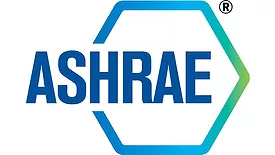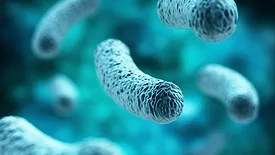Home » legionella prevention
Articles Tagged with ''legionella prevention''
As part of ASHE Engineering Week 2025, Chicago Faucets will host an hour-long webinar.
Read More
ASHRAE highlights resources to address Legionella risk and water supply management
ASHRAE Standard 188 and Guideline 12 provide practical guidance to manage risk.
August 11, 2025
Legionnaires' disease outbreak in New York infects more than 80
Three people have died from a Legionella outbreak that originated in a cooling tower.
August 11, 2025
Chicago Faucets hosts public health webinar
The webinar aims to help facilities comply with emerging legionella regulations
June 5, 2025
Legionella cases are leveling off, but experts say we must ramp up prevention
Climate change and aging infrastructure impact water sources and treatment.
May 6, 2025
Professional Plumbing Engineer Viewpoints | James Dipping
Advancing sustainability in commercial plumbing systems
The industry needs to adopt more modern domestic water pipe sizing practices.
November 20, 2024
Mixing valves play a key role in water safety
Thermal disinfection is the safest, most cost-effective method for controlling bacteria within plumbing systems.
May 16, 2024
Legionella Prevention
Point-of-use water disinfection: a necessary public health solution
POU disinfecting systems represent a pragmatic and efficient approach to managing water safety.
May 6, 2024
Keep your content unclogged with our newsletters!
Stay in the know on the latest plumbing & piping industry trends.
JOIN TODAY!Copyright ©2025. All Rights Reserved BNP Media.
Design, CMS, Hosting & Web Development :: ePublishing








.webp?height=168&t=1738777830&width=275)



